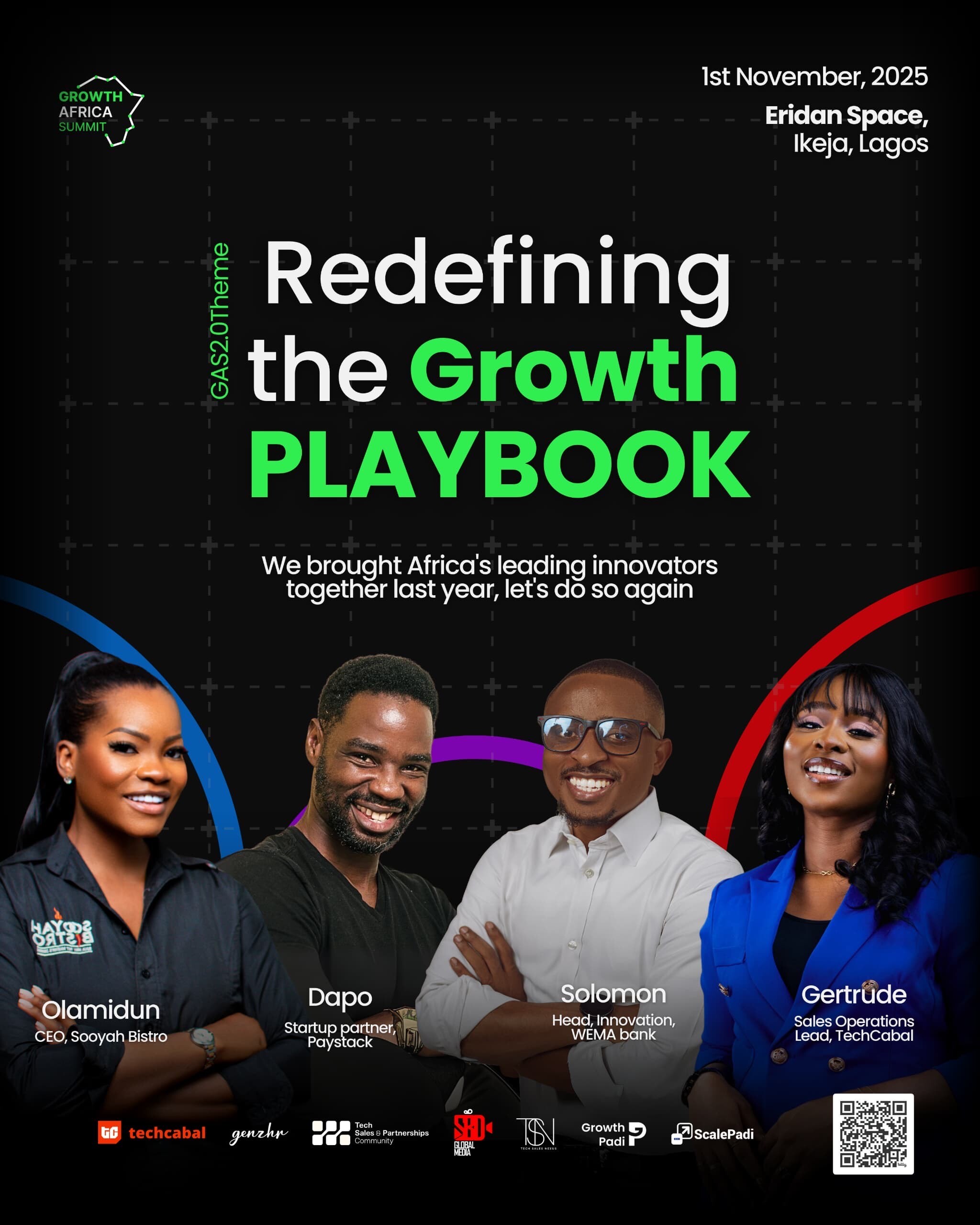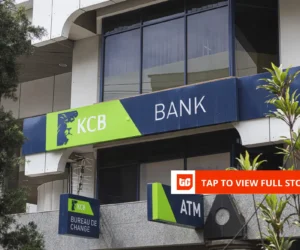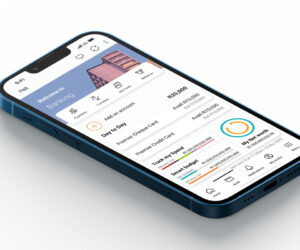For years, African fintechs saw processing cross-border transfers as an easy way to earn in dollars amid volatile African currencies, but the remittance gold rush has a catch: FX transfer margins have shrunk by about 30% in the past six years as more players flood the space, competing on speed, price, and reliability. As FX margins eroded, remittance startups had to move beyond transfers.
When Lemfi acquired Pillar three months ago to offer credit to immigrants, I wrote that the acquisition—a high-margin solution to a large problem—marked the next step in African remittances, but I also acknowledged that the future lays in an African fintech delivering a multi-product, multi-market financial services platform.
Paga now appears to be creating that future. The company recently launched its U.S. subsidiary, allowing African immigrants with a U.S. address to open and manage Regent Bank accounts directly through Paga. With this move, Paga becomes the first African fintech to offer a full-fledged U.S.-based digital bank account for African immigrants. The goal is to move from one-off use to becoming a customer’s main financial partner.
Next Wave continues after this ad.
Paga’s borderless play
In partnership with Oklahoma’s Regent Bank, Paga provides users with an FDIC-insured U.S. checking account that can be opened remotely with a valid ID and U.S. address. Customers get account and routing numbers like any bank; they can send ACH transfers or wires, pay U.S. bills, and receive direct deposits.
Paga offers physical and virtual Visa cards usable with Apple Pay and Google Pay. The app also enables cross-border functionality from day one: users can send money from their U.S. Paga account to bank accounts or mobile wallets in Nigeria, with plans to add more African markets soon.
The timing and strategy behind Paga’s expansion show the next wave for African fintech. Remittance flows into Africa are huge (about $95 billion to the continent in 2023, including $21 billion to Nigeria in 2024), but competition is intense and margins thin.
With the U.S.–Nigeria corridor as a starting point, Paga is targeting over 4.5 million African immigrants in the U.S. who are often underserved by mainstream banks. These users face high costs and hurdles in managing finances across borders—something Paga aims to fix, and monetise, by bridging two financial systems.
Next Wave continues after this ad.
While it runs a freemium model, Paga earns through interchange fees, transfers, and other banking fees.
Tayo Oviosu, the CEO of Paga, said the U.S. expansion is the first step in the fintech’s future multi-currency capabilities. Eventually, Paga will allow a user to hold, say, a British pound or Euro balance in the same app. Users can already hold U.S. and Nigerian balances.
What makes the expansion promising is that it covers Paga Engine, its B2B product, which other companies can build on, and Doroki, its SME retail platform that lets small businesses manage operations and accept international payments directly.
Paga can keep users longer and tap into new revenue sources that one-dimensional remittance players miss by bundling checking accounts, cards, payments, and soon savings and credit into one platform for the diaspora
The Revolut of Africa
Revolut is often cited as the archetype of a successful multi-market, multi-product fintech super-app. Launched in 2015, it started with a prepaid card and app that let users spend and transfer money abroad with lower forex fees. Over time, it expanded into multi-currency accounts, stock trading, crypto, and lending. It now serves over 50 million personal users and made $4 billion in revenue in 2025.
The Revolut playbook can be summarised as: start with cross-border payments, then broaden into a diversified financial platform. Paga’s model bears similarities but also key differences shaped by its market.
Next Wave continues after this ad.
Like Revolut, Paga is using cross-border capability as its hook. But to really match Revolut, it must offer full multi-currency accounts, richer savings products, and credit options.
Both Revolut and Paga see lending as a pillar of the business model, but their approaches differ. Lacking its own banking license in the U.S., Paga will likely partner to offer credit. It might start with a secured credit card or credit-builder loan for new immigrants, using alternative data like transaction history or even Nigerian credit records. Good credit products would lift margins as interest income is stronger than transaction fees.
Revolut offers savings vaults and interest-bearing accounts (through partner banks). Paga is preparing similar products, letting users save in USD with interest—addressing diaspora demand for stable, interest-earning accounts.
Revolut also serves businesses. Here, Paga has an advantage with Paga Engine and Doroki. A Nigerian e-commerce startup using Paga Engine can create USD virtual accounts or accept payments from abroad, settling into local currency through Paga’s rails. A retail merchant on Doroki can pay an overseas supplier from their Paga account.
This enterprise angle—turning its infrastructure into an API for others—could unlock growth.
What Paga should avoid
As Paga scales, it must heed lessons from first-generation neobanks like Revolut. Revolut’s growth came with trouble in regulation, risk, and profitability.
The key issue is regulation. Fintechs that operate in multiple countries face complex compliance obligations and any lapses can be costly. Revolut learned this the hard way. In April 2025, its European unit was fined €3.5 million for weak anti-money-laundering controls. Paga will need strong compliance on both U.S. and African sides. Oviosu said launching the U.S. product took eighteen months and required automated systems to verify users and monitor transactions. Paga obtained approvals from both U.S. and Nigerian regulators to avoid any gray zones.
Customer support is another common pitfall. Revolut faced backlash for slow responses and opaque dispute processes. Given Paga’s clientele—immigrants or travellers—trust is crucial. Paga should invest in responsive support and clear communication, especially for cross-border issues. Culturally aware support staff who understand both Nigerian and U.S. systems could build loyalty.
Next Wave continues after this ad.
A borderless future is the next stage of African fintech
Paga’s expansion and Lemfi’s acquisition show that the future of African remittances lies in full-service, borderless banking.
An African moving abroad would no longer have to patch together separate apps for banking, transfers, and credit. They could turn to a single platform that travels with them globally.
The competitive advantage for players like Paga will be their ability to serve customers in ways global firms can’t easily match. Paga can combine local infrastructure—agent networks, mobile money links, bill payments—with global access through foreign accounts and cards. For users, this makes their financial life portable. For African economies, it means closer links to global finance as diaspora capital moves more freely.
We are likely to see more fintechs follow Paga and Lemfi’s lead. Startups that fail to expand beyond transfers risk being left behind. To stay relevant, adding value through credit, insurance, or investment is essential.
Even global players are eyeing Africa. Revolut’s decision to apply for a banking licence in South Africa in 2025 shows that the idea of a truly global bank is not limited to African startups. This raises the stakes for local players, who must move fast and use their understanding of African users to fend off new entrants.
If Paga executes well, it could change how African money moves across borders—not just send it.
Muktar Oladunmade
Associate Reporter
Thank you for reading this far. Feel free to email muktar[@]bigcabal.com with your thoughts about this edition of NextWave. Or just click reply to share your thoughts and feedback.
We’d love to hear from you
Psst! Down here!
Thanks for reading today’s Next Wave. Please share. Or subscribe if someone shared it to you here for free to get fresh perspectives on the progress of digital innovation in Africa every Sunday.
As always feel free to email a reply or response to this essay. I enjoy reading those emails a lot.
TC Daily newsletter is out daily (Mon – Fri) brief of all the technology and business stories you need to know. Get it in your inbox each weekday at 7 AM (WAT).
Follow TechCabal on Twitter, Instagram, Facebook, and LinkedIn to stay engaged in our real-time conversations on tech and innovation in Africa.












